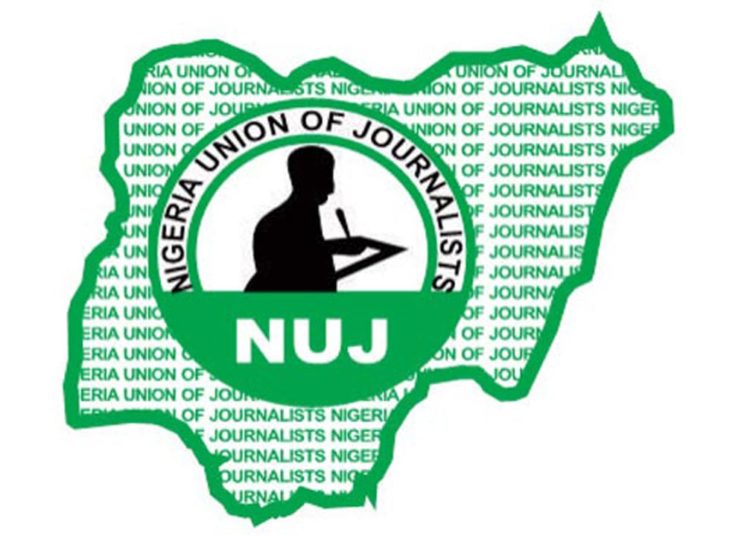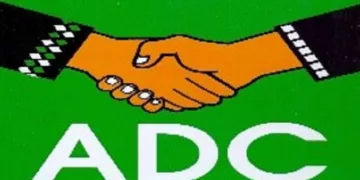As part of measures to prioritise the rights, health, and empowerment of adolescent girls in Nigeria, Chidimma and Havilah Foundation, in partnership with the Kwara State Council of the Nigeria Union of Journalists (NUJ), will today hold a capacity-building training and policy advocacy engagement.
Themed “Safeguarding Our Adolescents at Home, Schools and Community to Reach Their Full Potentials,” the event aims to mobilise media practitioners, government officials, and development actors on issues of adolescent girls’ education, protection, health rights, and empowerment.
The state’s secretary of the NUJ, Yinka Alaya, said the Kwara State governor, AbdulRahman AbdulRazaq , is expected to declare the event open, while his wife, Amb. Olufolake Abdulrazaq, will chair the occasion.
Alaya, described the engagement as a critical platform to spotlight the intersection of media responsibility, policy implementation, and the urgent need to prioritise adolescent girls’ rights in Nigeria.
Top government officials, including the state commissioner for Education and Human Capital Development, Dr Lawal Olohungbebe, the commissioner for Social Development, Dr Mariam Imam, and the commissioner for Health, Dr Amina El-Imam, are also expected to speak at the event.
A veteran journalist and former Kwara State commissioner for Sports, Alhaji Hameed Adio, will lead the capacity-building session for media professionals titled: “The Role of the Media in Safeguarding Adolescent Girls at Home, School, and Community.”
The session will emphasise responsible journalism, gender-sensitive reporting, and the media’s role in advocacy.
The state director of the National Orientation Agency (NOA), Alhaji AbdulGaniyu Dare, will deliver a keynote address, focusing on national behavioural change strategies and citizen engagement in adolescent safeguarding, while the state chairman of NUJ, Ahmed Abdullateef, will serve as the chief host.
“This event comes at a time when Nigeria faces growing concerns over rising cases of school dropouts, teenage pregnancies, gender-based violence, and mental health issues among adolescents, especially girls.
“Media professionals, civil society actors, and policy makers are expected to use the platform to commit to concrete actions and accountability frameworks aimed at building a safer, healthier, and more equitable society for all Nigerian adolescents,” Alaya added.





